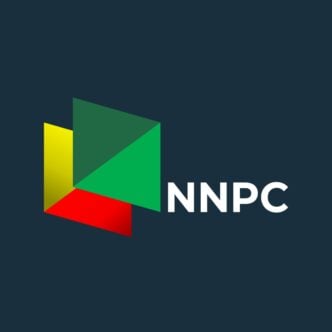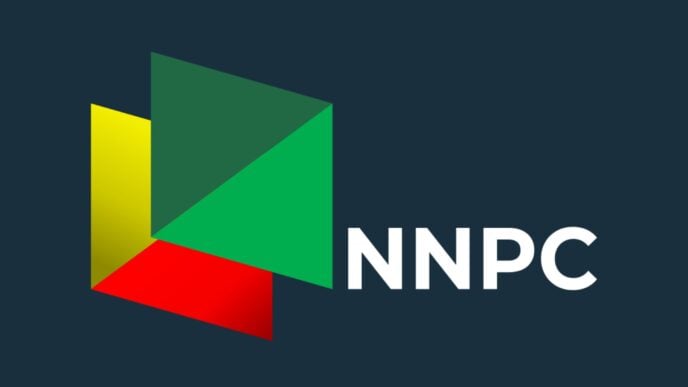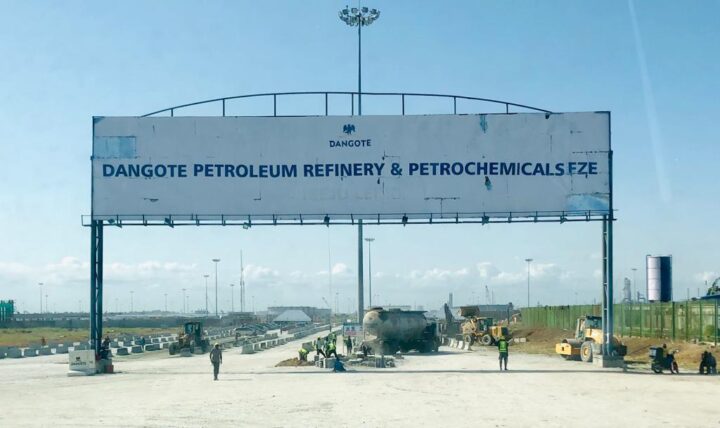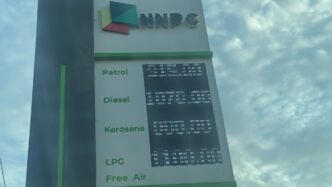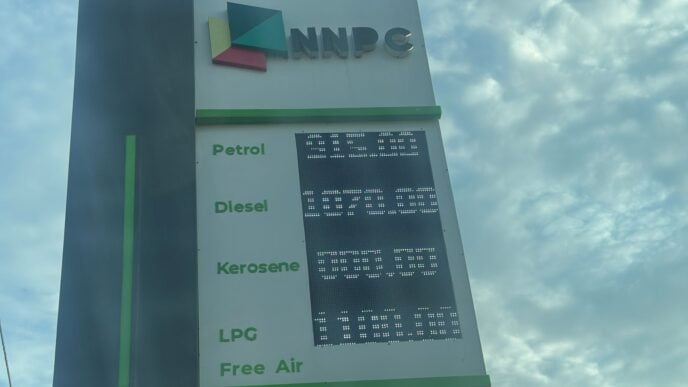The Nigerian Upstream Petroleum Regulatory Commission (NUPRC) has introduced new guidelines to enhance transparency, accountability, and efficiency in Nigeria’s crude oil and petroleum exports.
Issued under the ‘Nigerian Upstream Petroleum Advance Cargo Declaration Regulation 2024,’ the guidelines aim to advance the cargo declaration regime.
According to a statement on Wednesday by the public affairs unit of NUPRC, the guidelines seek to establish a comprehensive framework for declaring and tracking crude oil and petroleum product exports.
NUPRC said the regulations apply to all licences and leases granted or preserved under the Petroleum Industry Act (PIA) 2021, encompassing crude oil, natural gas, natural gas liquids, and petroleum products exported from terminals and export points in Nigeria.
Advertisement
Industry players, according to the statement, must secure an export permit, vessel clearance, and a unique identification number (UIN) through NUPRC’s online platforms before shipment.
The commission said it will verify exporters’ identities and validate export volumes before issuing clearance notifications embedded with a UIN for tracking.
Furthermore, NUPRC said all export documents, including the bill of lading, certificate of origin, and cargo manifest, must reference the UIN to ensure traceability and compliance.
Advertisement
The advance cargo declaration portal, NUPRC said, is a real-time, technology-driven system, integrates with other government export platforms to enable seamless tracking and reconciliation of crude oil exports.
According to the statement, the guidelines authorise NUPRC to reject vessel clearance applications that are incomplete, lack proper documentation, or include false information, and sanction exporters found in violation.
The commission said the measures mark a critical step toward a transparent and efficient oil export regime in Nigeria.
By incorporating advanced technology, rigorous validation, and stringent documentation, the commission said it aims to address persistent issues of opacity, losses, and inefficiency in the sector.
Advertisement
Gbenga Komolafe, NUPRC’s chief executive officer (CEO), said the initiatives align with the commission’s mandate to maximise government revenue, minimise waste, and ensure robust regulatory oversight in line with the PIA.



